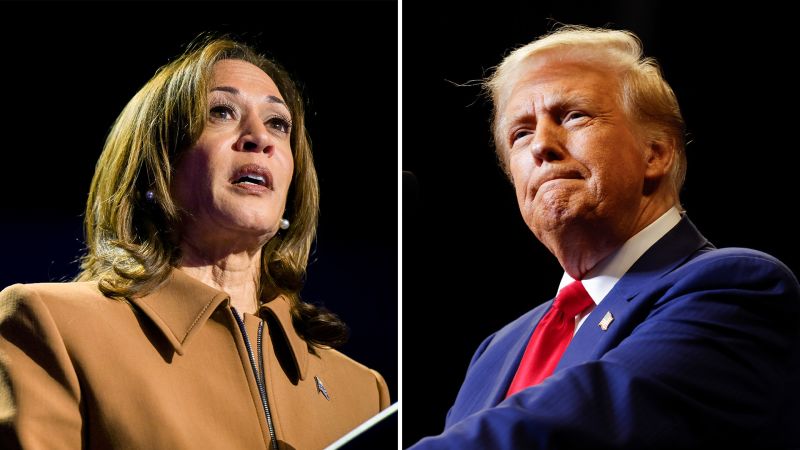Understanding China’s Perspective on the U.S. Election
When it comes to the U.S. election, each country has its individual interests. The Chinese government, like other nations, closely watches the American political arena, especially during election seasons. After all, the potential implications of a country as powerful as the U.S. choosing its leader are far-reaching. However, contrary to what some may believe, China’s engagement with the USA presidential election does not necessarily equate to rooting for a particular winner. The cold, pragmatic view of China towards the U.S. election stems from numerous factors.
High on the list is the recognition that their vested interests do not strictly lie in favor of a specific candidate, but rather the type of relationship the new administration will seek to forge with China. A wide range of critical issues, including trade, technology, human rights, and most importantly, the balance of international power is at stake for China.
The U.S. and China have been entangled in a high-stakes trade war initiated by President Trump’s administration. This conflict has far-reaching implications for China’s economy, and the result of the U.S. election may determine the future direction of this turbulent relationship. However, there’s no certainty that a power switch in the White House will defuse these tensions.
Another point to consider is the perception towards the two candidates, President Donald Trump and former Vice President Joe Biden. Neither candidate has presented a particularly favorable stance towards China. Trump’s aggressive approach to trade policies has created a stormy era for US-China relations. Biden, despite indicating potential for a more diplomatic approach, is expected to maintain the pressure on China, especially on issues of human rights and technology.
Moreover, China’s stance is also influenced by its understanding that American administration’s foreign policy is not solely determined by the President alone. US Congress, the business sector, civil society, and other stakeholders also play a significant role in shaping the US foreign policy, which includes the country’s approach towards China.
Finally, historically speaking, China’s government is known for its wait and see approach to international matters. It tends not to speculate but rather respond based on factual developments. This trait is evident in the current U.S. election as well. There’s no rush to anticipate the results – China prefers to adjust its strategies based on the policies implemented by the winning administration.
In summary, China’s complex interests in the U.S. election are not as cut-and-dry as rooting for a specific candidate. Instead, China is more focused on how the results will impact their economic interests, geopolitical concerns, and their own position on the international stage. This wide-ranging, calculated perspective is a manifestation of China’s pragmatic approach to its foreign relations, especially with the United States.




